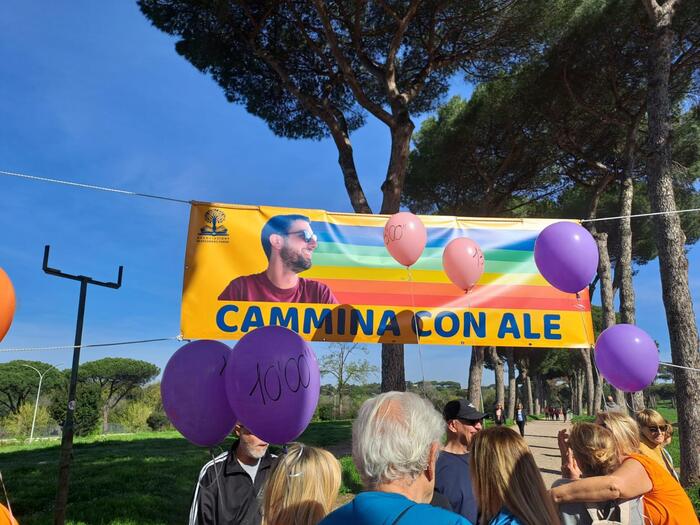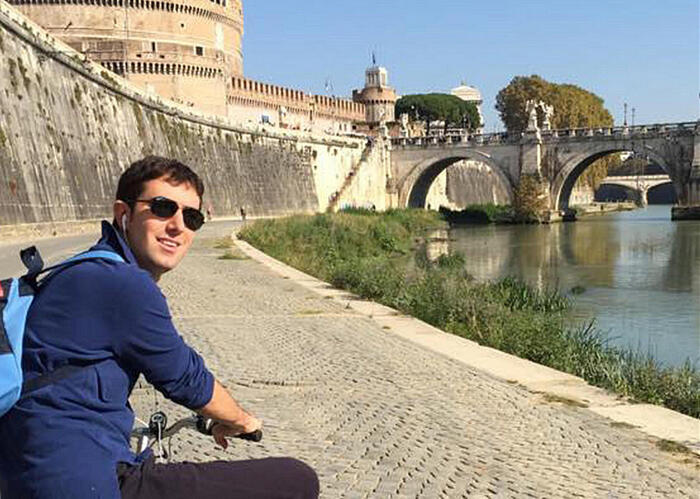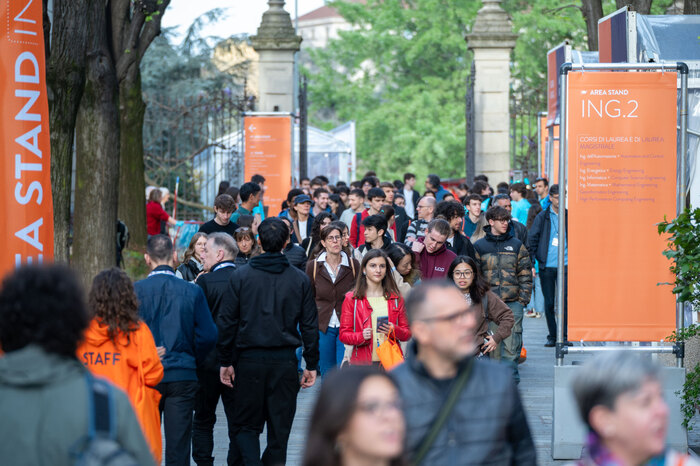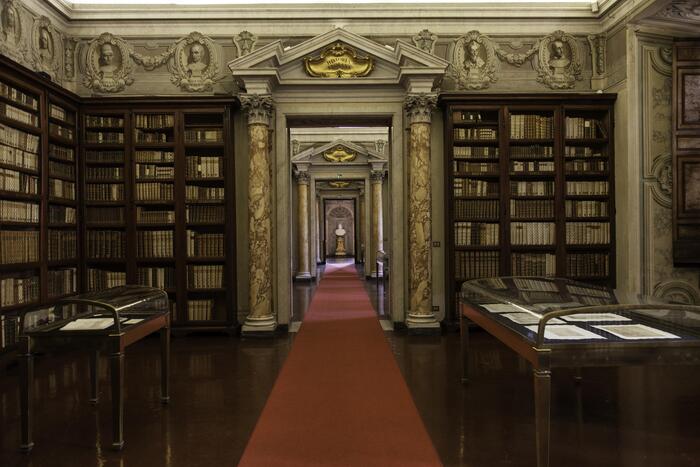These are elections of vital importance and may mark the end of the Second Italian Republic.
They are also elections with a level of abstention never seen before, around 36% of the electorate.
Transcendence and disinterest, apparently contradictory terms, intersect in a historical moment.
But this is not new: it is a process that began decades ago, characterized by citizen mistrust and by the preeminence of the figure of the leader, beyond parties and even ideologies.
Abstentionism is especially notable in the south (in Naples, just over half of the electorate voted, although the storm that hit the area influenced) and among those under 25, whose participation does not reach 50%.
They are, geographically one and demographically the other, the socially weakest fringes and most affected by unemployment and lack of prospects;
they should, in theory, be the most interested in getting solutions from politicians.
In practice, they demonstrate deep mistrust.
More information
Last minute of the Italian elections, live
Italy used to be a country with a very high voter turnout.
The Constitution affirms that voting is “a civic duty” and a 1953 law established that whoever abstained unjustifiably would have the phrase “has not voted” for five years on the certificate of good conduct, which was highly required at the time to find employment.
Until 1979, participation always exceeded 90%.
Then it began to fall and continued to fall, despite the slight rebound in 2008, with which Silvio Berlusconi returned to power for the fourth time and formed the last "political" government until today: since then, the prime minister has been a technician or someone not appointed by the voters, but by the parties.
The debacle of the First Republic (1993), plunged into corruption scandals, marked the end of one era and the beginning of another: the Berlusconian era, in which the Milanese businessman, with Forza Italia, emerged as a central figure on the map political.
"Berlusconi destroyed the old political culture and infantilized an electorate that gradually became more individualistic, more capricious and more irresponsible," says journalist and writer Concita de Gregorio.
Another milestone was the publication, in 2007, of the book
La casta
, in which two journalists, Gian Antonio Stella and Sergio Rizzo, exposed the abuses, waste and nepotism that characterized both the political class and the economic and academic elites. from the country.
The success of
La casta
was amazing: in a few months sales exceeded one million copies.
It was no coincidence that shortly after, in 2009, the 5 Star Movement emerged, founded by a humorist (Beppe Grillo) and self-defined as "anti-party, post-ideological and neither right nor left."
If Berlusconi had revived the populism that characterized Benito Mussolini's dictatorship, Beppe Grillo took it to a new dimension.
The Italians began to get used to the appearance and disappearance of political forces that ascended in a sudden way and shortly afterwards faded away.
"Citizens do not feel represented by the parties and focus their attention on the leaders: they test them one after another, which explains the tremendous electoral ups and downs," says Fabrizio Tonello, professor of Public Opinion Sciences at the University of Padua.
Professor Tonello relativizes to a certain extent the low Italian electoral participation and relates it to a phenomenon common to many European democracies, especially in Eastern countries.
"Abstention tends to increase everywhere," he says.
He clarifies, however, that in Italy, in addition to "sociological" abstention (very old or sick people, for example), two others stand out: that of those who reject the political system or feel that it does not affect them, and that of those who, Given the complexity of the electoral mechanism, “which sometimes forces them to give their preference to a candidate they don't like”, they prefer not to vote.
Count of ballots in a polling station in Turin. Marco Alpozzi (AP)
Tonello adds a fourth relevant factor on this occasion: “When in a campaign like the one that has just ended, little is said about what affects citizens, such as the price of energy or the economic crisis, and instead insults and disqualifications between candidates, people end up thinking that they are all the same and become inhibited”.
As striking as the low turnout is the fluidity with which political leaders and movements go up and down a dizzying slide.
Berlusconi was the first who, starting from nothing, in 1994, obtained the necessary votes to form a government.
It was only the beginning of the phenomenon, characterized by unexpected ruptures and almost incomprehensible alliances.
A few examples: Matteo Renzi, who emerged from Christian democracy, became a great innovator of the center-left from the Democratic Party and this time he ran for election as a liberal with Italia Viva;
Luigi di Maio led the 5-Star Movement to success with 33% of the vote only four years ago, and has now crashed (zero parliamentarians) at the head of the Together for the Future party, renamed Civic Engagement on the electoral lists;
the Democratic Party has lost half of the votes in two years, after cooperating with the League in the technical government of Mario Draghi;
the League, which seemed consolidated, has lost three out of four voters, almost all of them to the benefit of Brothers of Italy, the great novelty of the year, marginal in 2018 (4% of the votes), dominant now.
“Giorgia Meloni is the leader who has not yet been tested and therefore has not yet disappointed.
But it would not be strange”, concludes Tonello, “if he too fell in a short time, because he is facing a very difficult international situation”.
Follow all the international information on
and
, or in
our weekly newsletter
.
Subscribe to continue reading
read without limits
Keep reading
I'm already a subscriber









